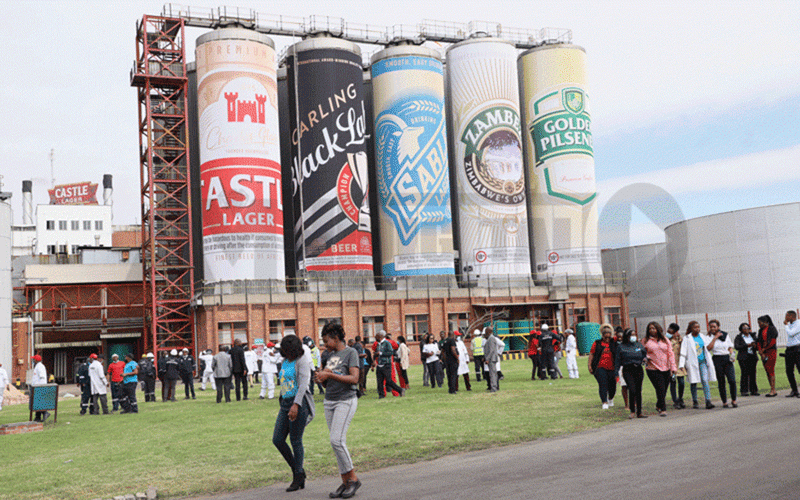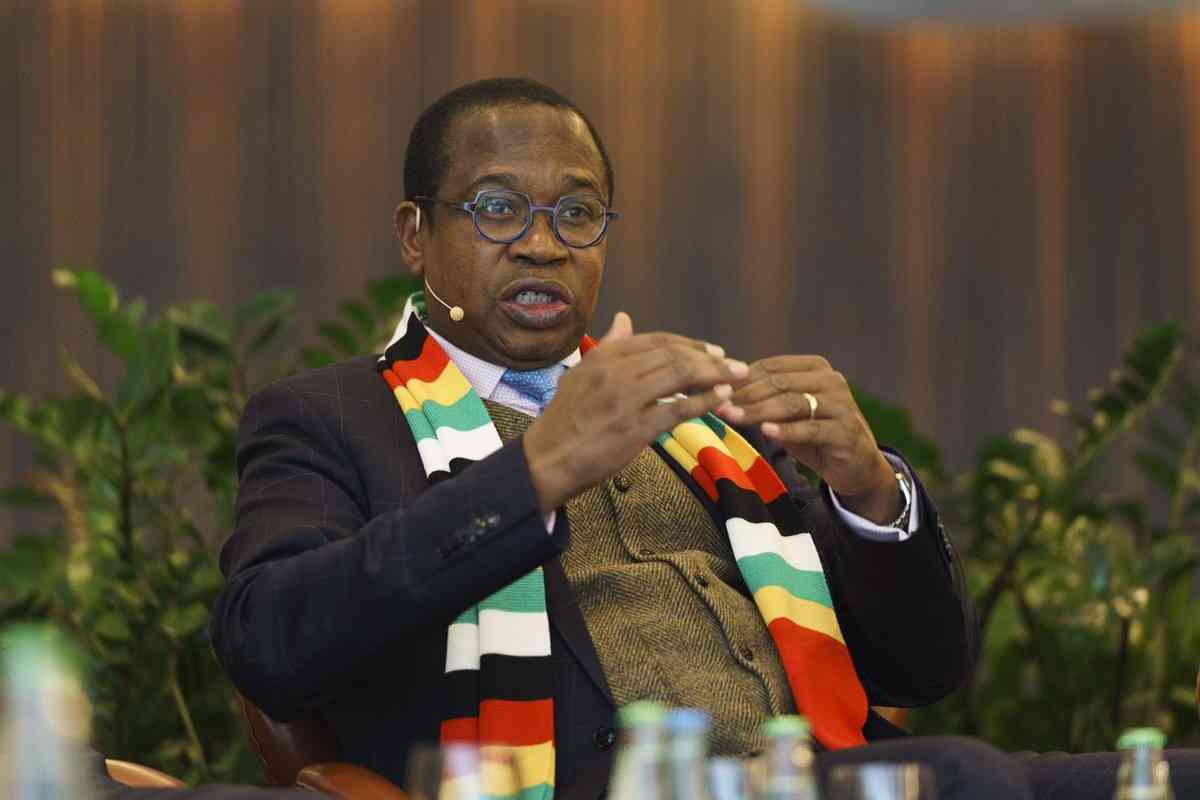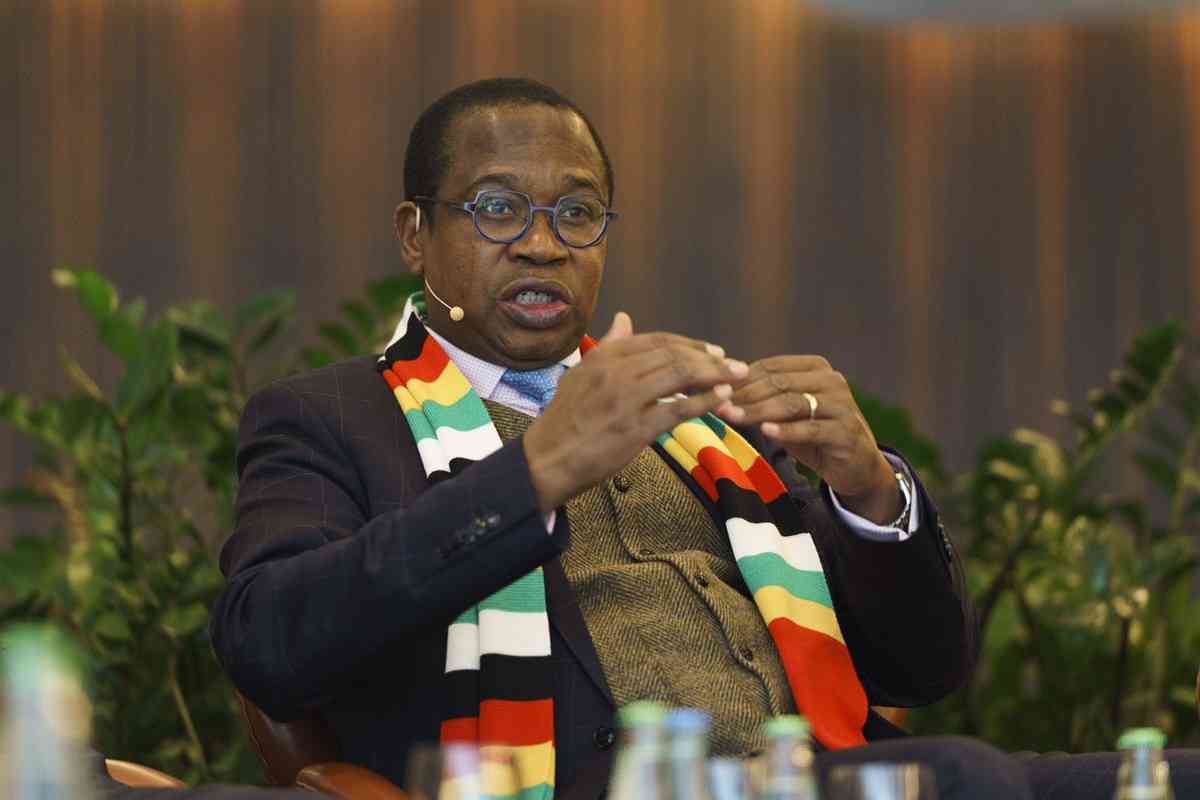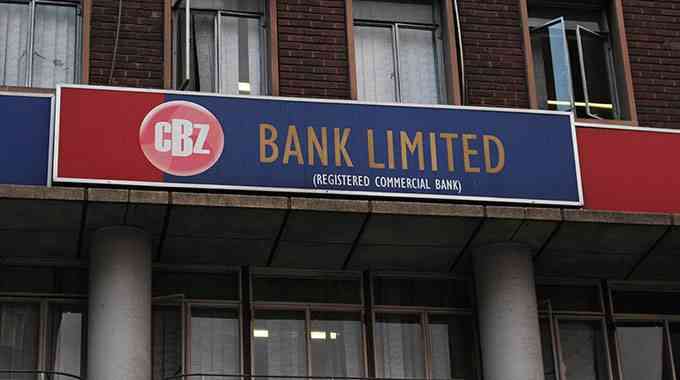BEVERAGE maker, Delta Corporation Limited (Delta) could at least have paid US$250 million by the end of its current financial year ending March 31, 2025, owing to Zimbabwe Revenue Authority (Zimra) tax disputes and the sugar tax.
The sugar tax came into effect in January 2024, which first started at US$0,02 per gramme of sugar contained in beverages before being reduced to US$0,001 on ready-to-drink beverages and US$0,0005 on cordials following an outcry by beverage makers.
On Thursday, Delta released its trading update for the third quarter ended December 31, 2024, and revealed that because of the tax, it paid US$31,2 million in the February to December period.
The beverage maker also revealed that it will have to pay another US$73 million to Zimra following some tax assessments that it disputed and then lost in the courts.
The firm also paid US$9,2 million at the end of last year in line with the “pay now, argue later” principle and pre-existing payment plans.
- Zim included in new plan to promote empowerment in mining communities
- Rethink how Chinese investors operate locally, CNRG tells govt
- Six international miners seek capital at SA indaba
- Female miners seek protection from machete gangs
- Jiri reveals beef segment downturn from drought
Assuming Delta pays US$142 million in existing taxes for the current financial period, a similar figure it paid for its 2024 fiscal year, adding the disputed Zimra taxes and penalties and sugar tax could make the firm pay US$255,4 million for the ongoing financial year ending March 31, 2025.
“The total sugar tax assessed for the period February to December 2024 amounted to US$31,2 million covering both sparkling beverages and cordials,” Delta said in its trading update.
On Wednesday, Finance, Economic Development and Investment Promotion minister Mthuli Ncube, during the week-long annual World Economic Forum meetings in Switzerland ending today, revealed that Treasury in 2024 received US$31 million from the sugar tax.
“The company is contesting the tax assessments issued by the Zimbabwe Revenue Authority (Zimra) for amounts that they consider to have been payable exclusively in foreign currency,” Delta said.
“Additional assessments were received in November 2024, adding to those assessed in 2022, to bring the disputed amount to US$73 million, which covers principal tax, penalties and interest for value-added tax and income tax for periods 2019 to 2022.”
However, Delta said these assessments did not consider the local currency payments made at the relevant time, which have since been debased through inflation and currency depreciation.
“Adverse judgments have been made by both the High Court and the Supreme Court, although there are appeals and new cases at various stages in the courts, including the Constitutional Court and the Zimra appeals processes,” Delta said.
“The group had paid a total of US$9,2 million as at December 31, 2024 in line with the ‘pay now, argue later’ principle and pre-existing payment plans.
“We believe any revisions to the payment plan will be rational, with due consideration of the financial health of the business and the fact that the principal amounts were fully paid in legal tender at the relevant periods, based on the best available interpretation of the legislation.”
The sugar tax saw the firm post less in revenue for the third quarter under review and the ninth-month period ended in December.
Consequently, group revenue for the quarter increased by 1% and 7% for the nine-month period, from the prior year’s 19% and 12%, respectively.
“The group holds a significant amount in Treasury Bills receivable from the government, which could be considered in the settlement of any tax liabilities that may finally be determined,” Delta said.
“Management continues to engage with Zimra while appealing some legal and factual issues of the assessments and the judgments, with guidance from tax experts and legal counsel.”
The beverage maker said these assessments had a material impact on the group’s operations if they materialised as per the existing assessments.
“The ambiguities in the tax legislation are pervasive, thereby creating risks of further disagreements in interpretations and application to current taxes,” Delta said.
Delta tax obligations would make up more than a third of its expected revenues at a time it remains the largest company by listed market capitalisation in Zimbabwe, valued at US$695,95 million as of Wednesday.













